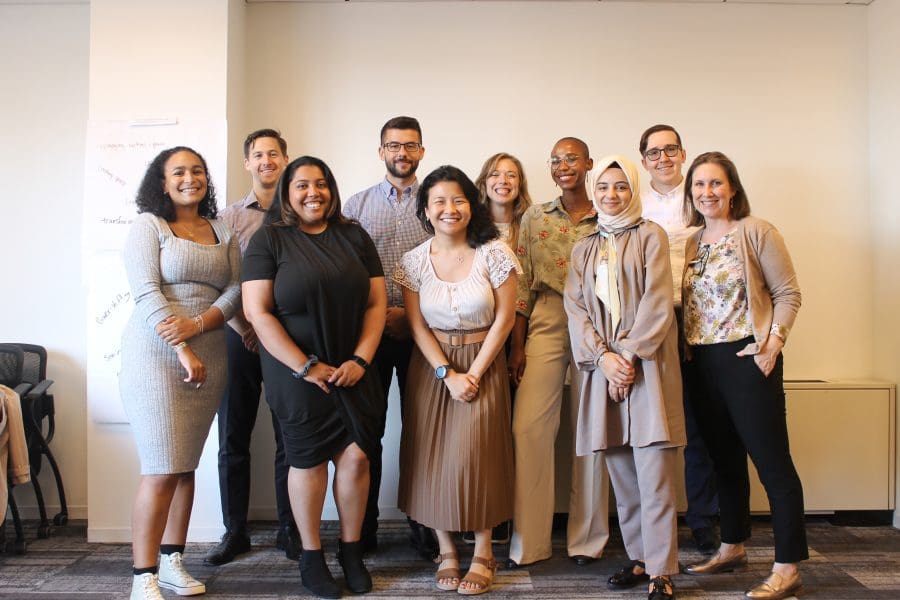Stopping As Success:
Locally Led Transitions
in Development
Partner with SAS+
Locally Led Transitions
in Development
About Us
The goal of Stopping As Success: Locally Led Transitions in Development (SAS+) is to equip organizations with good practice to transition responsibly to make way for local leadership in the development sector. For the past five years, we have been listening to organizations involved in responsible transition processes to learn what has worked well and why in order to apply those lessons to active transition processes. Since 2021, we have applied our suite of case studies, tools/resources and broader lessons to support active transition processes and organizational strategies.




